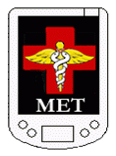Past Members

Carlise Adams is an Associate Professor in the School of Information Technology and Engineering (SITE) at University of Ottawa. His research and technical contributions include the CAST family of symmetric encryption algorithms, secure protocols for authentication and management in Public Key Infrastructure (PKI) environments, an architecture and policy language for access control in electronic networks, efficient mechanisms to assess and constrain the trust in a network, and effective techniques to preserve and enhance privacy on the Internet. In the MET Program Dr. Adams was responsible for designing and implementing security solutions.
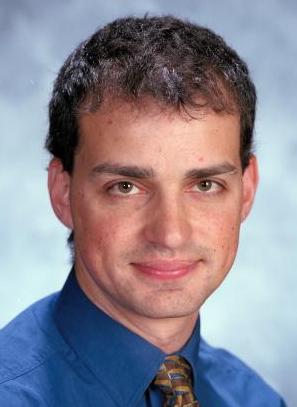
Andy Adler holds a Canada Research Chair (Tier 2) in Biomedical Engineering in Systems and Computer Engineering at Carleton University. His research interests are in the development of novel biomedical measurement devices and medical image and signal processing algorithms. In MET research Andy was involved in software engineering and system design.

Pavel Andreev is an Assistant Professor at the Telfer School of Management. Previously he was a Postdoctoral Fellow with the MET Group, Postdoctoral Research Fellow at Sagy Center for Internet Research and the Study of the Information Society, University of Haifa and a Research Fellow at Business Information Systems, University College Cork. Pavel earned his Ph.D. in the Department of Industrial Engineering and Management at Ben-Gurion University of the Negev, Israel. His dissertation focused on the impacts of information and communication technologies (ICT) on personal activities such as teleworking, telemedicine, teleshopping, telelearning, telebanking, and teleleisure. The research, which yielded interesting results pertaining to the effects of ICT on personal activities and travel. Pavel is also interested in the organization of open source projects (including business modeling with implementation of open source technologies), social networks, mobility (modeling and exploring of implementation and adoption of smart phones and associated applications), healthcare information systems (HIS) and quantitative research methods. His role in the MET Group is conceptualizing and modeling of implementation Web 2.0 technologies in management of chronic diseases.
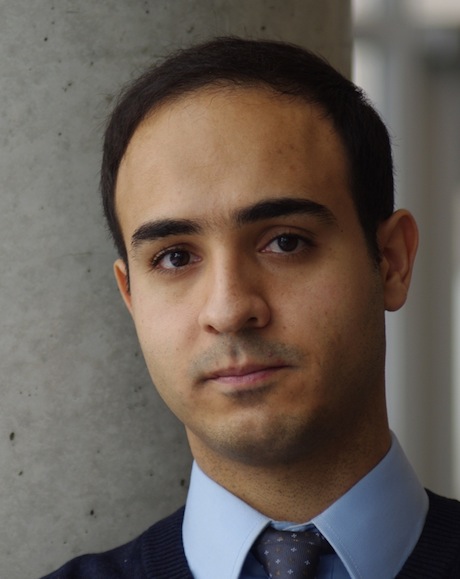
Davood Astaraky graduated with master of science in Systems Science from the University of Ottawa and joined the MET research group . He holds a bachelor degree in Industrial Engineering from Isfahan University of Technology, Iran. His Master thesis involved a Markov decision process model that sought to determine intelligent multi-class, multi-resource surgical scheduling policy. Davood's primary research interests are the application of operations research, operations management , data mining and health informatics to improve the efficiency of health care management. Davood is involved in the MET4 research project that is developing agent based system to support workflow execution by an interdisciplinary health care team.

Jerzy Błaszczyński holds a Ph.D. in Computer Science from Poznan University of Technology, Poland. He is a researcher in the Laboratory of Intelligent Decision Support Systems, Poznan University of Technology. His research interests include data analysis and decision support. Jurek joined the MET research team to work on methodology for developing clinical decision support modules and MET2 architecture design.
Mathieu-André Chiasson completed a Bachelors Degree in Software Engineering with the Management option from the School of Information Technology and Engineering at the University of Ottawa. Mathieu-André worked on the implementation of a client-access web application module for the MET clinical trial. He was also involved in programming the MET software for mobile platforms.

Vinicius Costa received Bachelor in Computer Science degree from the Federal University of Minas Gerais, Brazil. He was a Masters student in Systems Science Program in the School of Information Technology and Engineering at the University of Ottawa. In the MET Project, he was doing research on security and privacy frameworks for mobile decision support.
Nick Erdody completed dual undergraduate degress in biology and political science at the University of Guelph, and is completing a Masters Degree in Political Science at the London School of Economics. During his involvement in the MET research he was responsible for retrospective chart review and transcription of abdominal pain data.

Ken Farion (MD, FRCPC) is an Associate Professor in the Faculty of Medicine at the University of Ottawa and Medical Director & Chief of the Emergency Department at the Children's Hospital of Eastern Ontario. He also serves as CHEO's Medical Director of Quality & Systems Improvement, helping to engage physicians and staff in adopting various process improvement methodologies, such as Lean, to the health system. Finally, Dr. Farion is actively involved in the hospital's implementation of information systems. Dr. Farion's research interests include the development of clinical decision support systems for use in the Emergency Department. His role is to provide the clinical direction for the research and oversee the design, validation and implementation clinical trials of the MET support environment. Dr. Farion also provides consultancy on the workflow in the Emergency Department and clinical decision making. Outside of the MET research team, he participates in various clinical and health systems research projects with other researchers at the CHEO Research Institute and across the PERC (Pediatric Emergency Research Canada) Network.
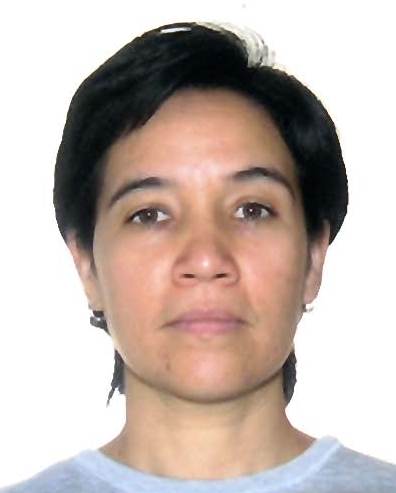
Marisela Mainegra Hing s a Postdoctoral Fellow at the Telfer School of Management. Previously she was Researcher and Assistant Professor of Mathematics at the Central University of Las Villas, Cuba. She holds a PhD in Operations Research from the University of Twente, Netherlands, a Master in Applied Mathematics and a Bachelor in Computer Science from the Central University of Las Villas, Cuba. Her research interests are in process modeling and optimization, data analysis and artificial intelligence. In MET research she is working on developing models of clinical practice guideline for patients with co-morbidity.

Marta Kersten is an Associate Professor at Concordia University. Both her undergraduate and graduate research were in the field of Medical Computing. Marta was involved in the design and development of the MET interface and in the mining of asthma retrospective data. She was also our first MET web designer and developer.
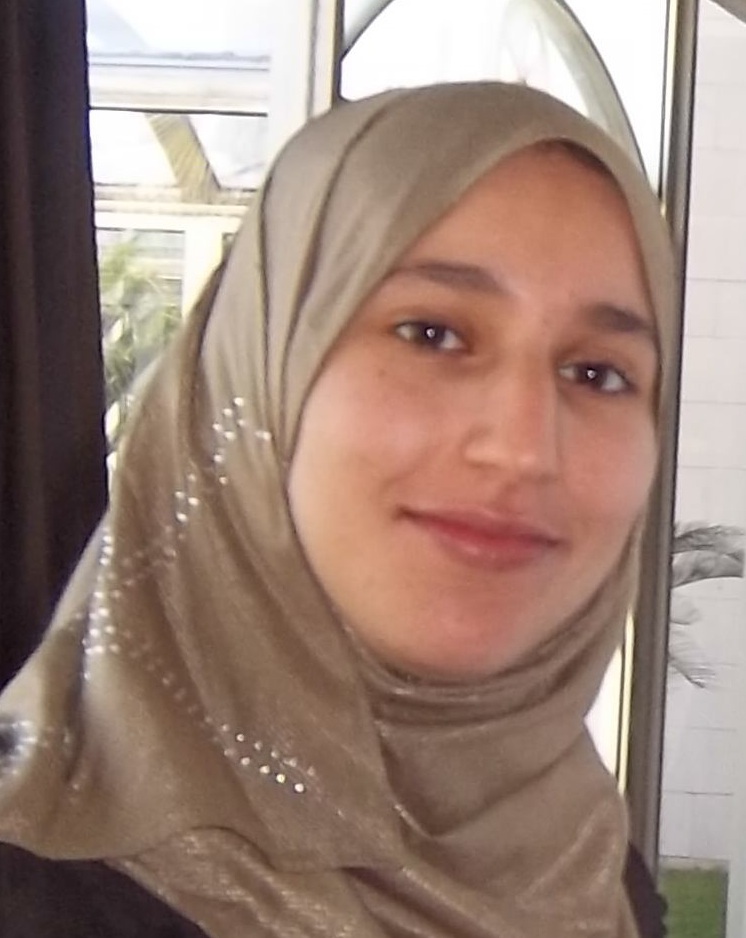
Mounira Kezadri obtained her PhD in computer science from the Institut National Polytechnique (Toulouse, France) under the supervision of Marc Pantel. Her research interests include formal methods, theorem proving, model driven engineering, verification and validation of safety critical systems and ontologies for knowledge sharing. Mounira is actually a postdoctoral fellow with the MET Research Group working on the mitigation of clinical practice guidelines for co-morbid patients using formal methods and the modeling of multidisciplinary healthcare teams.
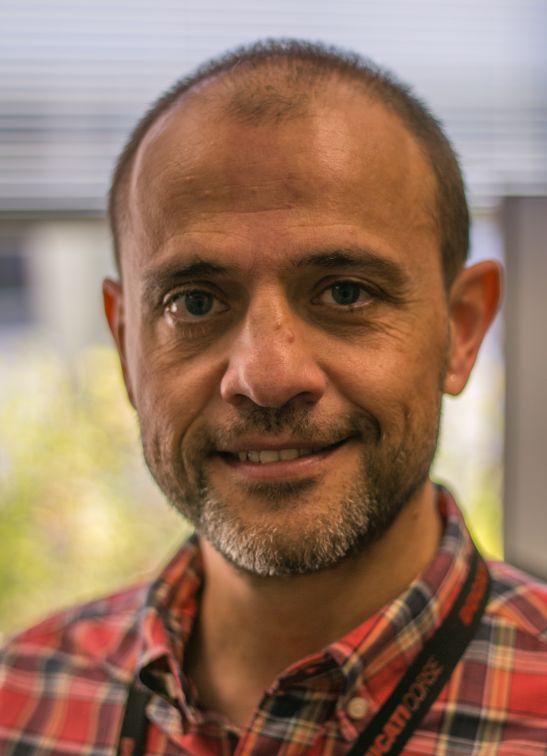
William Klement is a computer scientist specialized in evaluating the performance of machine learning methods with a particular interest in medical applications. His research interests include also: learning in the presence of severe class imbalance, multi-criteria decision-making, self-adjusting data structures, and high performance computing. Dr. Klement is member of the Canadian Transplant Registry team part of the Organ and Tissue Transplantation Division in Canadian Blood Services. Dr. Kelment is also an Adjunct Professor at the Faculty of Computer Science at Dalhousie University. After completing his PhD in computer science at the University of Ottawa, Dr. Klement enrolled in post-doctoral training in areas including medical decision-making, cell signalling and biology, and cancer patient care and treatment, particularly, lung cancer leading to a career in Lung Transplantation with the Latner Thoracic Surgery Lab at The Toronto General Research Institute, University of Toronto.

Craig Kuziemsky graduated with a PhD in Health Information Science from the University of Victoria in British Columbia and joined the Telfer School of Management at the University of Ottawa in July 2007 as an Assistant Professor. Craig teaches courses in information systems at the Master’s and undergraduate levels. Craig’s primary research interests are methodological approaches for the design and evaluation of healthcare information systems. He is specifically interested in the areas of information systems design and evaluation, health information, information management, palliative care, and interdisciplinary communication. Craig has been involved in the MET research project that is developing a clinical practice guideline implementation model as well as research on the evaluation of MET applications.

Di Lin is a Ph.D. student with the Department of Electrical and Computer Engineering, McGill University. He was a research assistant with Telfer School of Management, University of Ottawa. His research interests are in designing wireless healthcare monitoring networks, designing IT-based decision support systems, modeling patient flow in an emergency department of a hospital, and modeling how information flows in large-scale social networks impact customers' demand. Di's contribution to the MET research included modeling and executing clinical practice guidelines for a co-morbid patient and its implementation on the platform of ECLiPSe.

Stan Matwin is a professor at the School of Information Technology and Engineering, University of Ottawa, where he directs the Text Analysis and Machine Learning (TAMALE) lab. His research is in machine learning, data mining, and their applications, as well as in Privacy-Enhancing Technologies. Former president of the Canadian Society for the Computational Studies of Intelligence (CSCSI) and of the IFIP Working Group 12.2 (Machine Learning). Member of the Board of the Centre for Communications and Information Technology of the Ontario Centres of Excellence, he is an Ontario Champion of Innovation. Programme Committee Chair and Area Chair for a number of international conferences in AI and Machine Learning. Member of the Editorial Boards of the Machine Learning Journal, Computational Intelligence Journal, Journal of AI Research, and the Intelligent Data Analysis Journal. Stan's role was to provide expertise on data mining, development of clinical decision models, and addressing privacy issues associated with decision support at the point of care.
Nataliya Milman was a medical student in the Faculty of Medicine, University of Ottawa. Having a Bachelors Degree in Computer Science from the University of Toronto, Nataliya acted as a liason between the medical and the technical groups involved in the MET research. She also assisted with the MET-AP clinical trial.
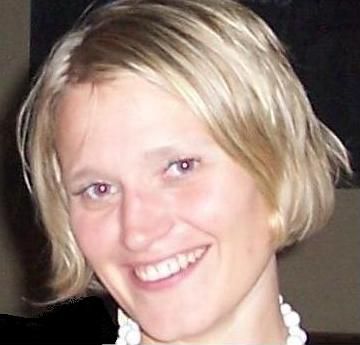
Dympna O'Sullivan is a Senior Lecturer at Technological University Dublin, Ireland. Prior to this she worked as is a Senior Lecturer in Data Analytics in National College of Ireland, a Senior Lecturer in Health Informatics at City University, London and as a Lecturer in Computer Science at Aston, UK. After obtaining her PhD in Computer Science at University College Dublin, Ireland, she worked as a post-doctoral fellow with the MET Research Group. Dympna’s research is in the area of clinical decision support systems and evidence-based medicine. In particular she is interested in managing the large volumes of data generated by today’s digital healthcare environments and in developing intelligent software systems to bridge the gaps between clinician’s information needs and the computational resources available to meet them. It involves the application of intelligent systems techniques including artificial intelligence, machine learning, information retrieval and ontological engineering. She is involved in research on multi-agent MET system design, and implementation of the evidence-based agent for point of care support, as well as examining the acceptance of clinical decision support systems among MDs.
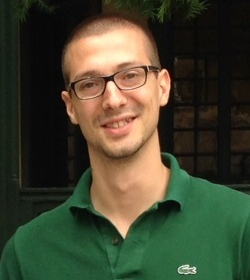
Enea Parimbelli studied computer engineering at the University of Pavia, Italy. After a short experience in IT consulting he went back to university and completed a Ph.D. in bioengineering in the decision support group of the Biomedical Informatics Lab Mario Stefanelli at the University of Pavia. During his Ph.D. and post-doc Enea contributed to the design and development of the MobiGuide patient guidance system. He was also visiting scholar at the Institute for Biomedical Informatics at the University of Pennsylvania. Enea's main research interest is health informatics and in particular AI in medicine, clinical decision support systems and shared decision making. Enea is currently with the MET Group as a post-doctoral fellow, working on interdisciplinary healthcare team modelling, data mining and patient medication adherence issues.
Robert Payne was a medical student in the Faculty of Medicine, University of Calgary. In preparation for medical school Robert completed an undergraduate degree in biology at the University of Ottawa. He was the data abstractor for the MET-AP retrospective chart review.

John Pike (MD, FRSCS) was an Associate Professor in the Faculty of Medicine at the University of Ottawa. He was also Urologist at the Children's Hospital of Eastern Ontario and the Ottawa Hospital - Civic Campus. His research interests included the surgical management of the neurogenic bladder patient and the use of computer technology in managing pediatric urologic emergencies. Dr. Pike acted as a consultant in the area of urology related emergencies.

Bernard Plouffe completed an undergraduate degree in Computer Science at the Université du Québec en Outaouais. Bernard was responsible for the early design and implementation of the MET server. He also worked on the database design and supported the clinical trial of MET-AP.
Malvika Rao obtained her BSc. and MSc. degrees in Computer Science at McGill University and her PhD at the John A. Paulson School of Engineering and Applied Sciences at Harvard University. Her research has involved topics in AI, multi-agent systems, algorithms, and microeconomics. She is currently a postdoctoral fellow with the MET group.

Steven Rubin (MD, FRCSC, FRCS) is a Professor in the Faculty of Medicine at the University of Ottawa, and General Surgeon at the Children's Hospital of Eastern Ontario. He is an active member of international medical societies and he has published peer reviewed articles and contributed chapters to textbooks. His major research interests are the enteric nervous system of the human infant, the respiratory physiological changes of laparoscopy in infants, and the use of computer technology in improving the management of pediatric emergencies. Dr. Rubin provides consultancy on the triage of abdominal pain and overall patient management process.

Roman Słowiński is a Professor at the Institute of Computing Science, Poznan University of Technology, Poland and the Director of the Laboratory of Intelligent Decision Support Systems. He is author or co-author of 14 monographs and more than 400 papers on the issues of decision analysis and support. His research interests include methodology and techniques of decision support, multi-criteria decisions analysis, preference modelling, knowledge-based decision support, fuzzy set theory and rough set theory. Professor Słowiński participates in research on data mining methodologies used for building decision models embedded in the MET3 environment, and on applying techniques of multi-criteria decision analysis to clinical decision problems.
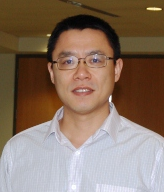
Xing Tan was a Postdoctoral Research Fellow in the MET group at the Telfer School of Management. He holds a Ph.D. in Industrial Engineering (speclized in Information Studies) from the University of Toronto. Xing's expertise is in the area of knowledge representation and reasoning. More precisely, his research has been extensively involving in formal descriptions of complicated processes, complexity-theoretical analysis of processes, and their applications to graphical process modeling languages such as Petri nets and UML activity diagrams.

Dawid Weiss holds a Ph.D. Degree in Computer Science from Poznan University of Technology. He was an Assistant Professor in the Laboratory of Intelligent Decision Support Systems, Poznan University of Technology and now he runs the Carrot Search company offering solutions in advanced text serch. His research interests are in designing complex computer systems and text search. Dawid's contribution to the MET research included development of ontological models, architecture design, and its Java implementation.

Hongyang Weng completed an undergraduate degree in Computer Science at the Bemidji State University in MN, U.S. and was a master student in System Science in the School of Information Technology and Engineering at the University of Ottawa. In the MET research Hongyang was responsible for the implementation of hip pain application (MET-HP).
